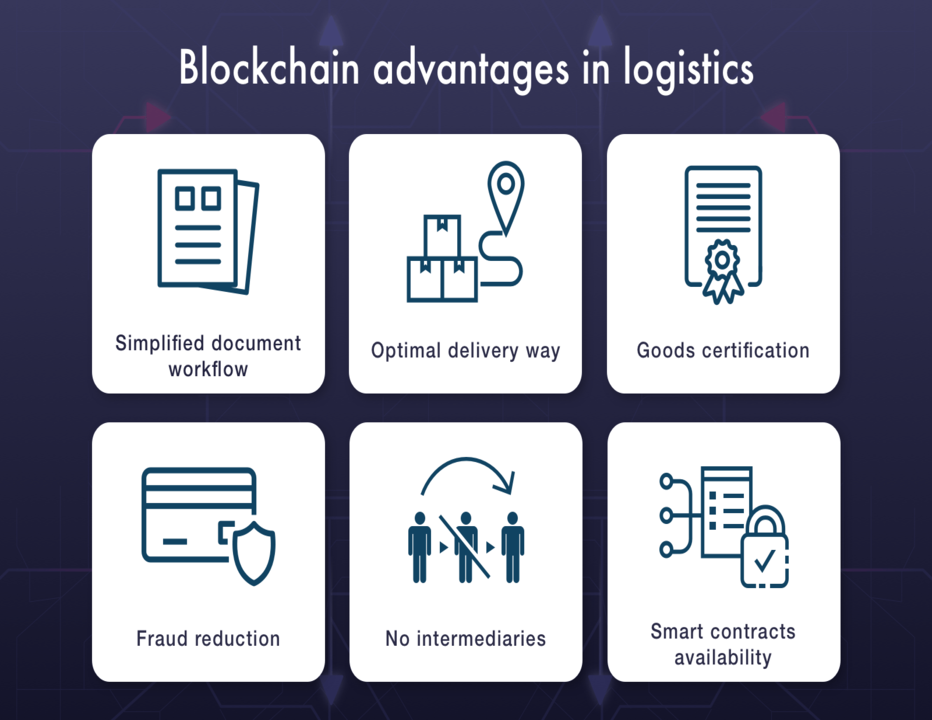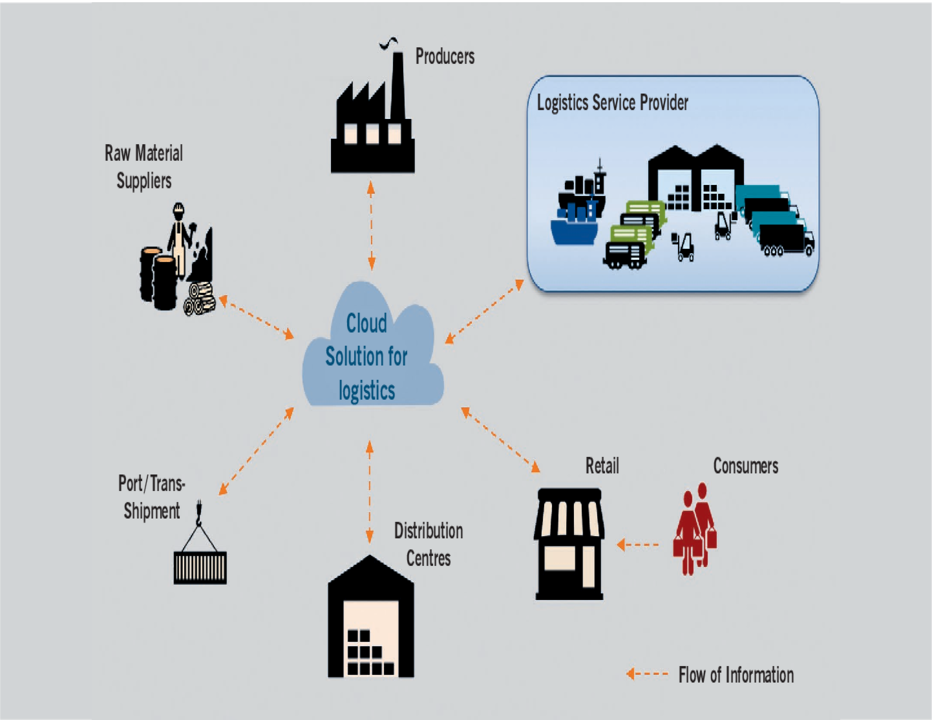How brands are leveraging cutting-edge technologies to boost logistics growth
As COVID-19 hit the world in 2020, followed by a righteous lockdown in the entire world, many industries saw a ruinous effect. As a result of the situation, we attested the surfacing of new and innovative technologies. We saw revolutionary digital products emerge from the IT industry which made work from home efficient and more productive. The logistics industry was one of the major industries that suffered due to the pandemic, it is estimated that 10 million trucks came to halt. Just like the IT industry, logistics industry also realised the need of the hour and began adopting cutting-edge technologies. Let’s take a dive into the technologies that gave rebirth to the new-age logistics.
Challenges in logistics and supply chain
Logistics industry is a composite industry. Managing the flow and distribution is a very arduous task. Depending on the consignment, the supply chain can run through several stages and geographical locations. What makes it more complex is a whole lot of paperwork and invoices.
The logistics industry largely relies on paperwork and if a single piece of paper goes missing, it can delay the complete process. Complexity, lack of transparency, disputes are major issues that the supply chain and logistics sector faces on a daily basis.
Valid and secure transactions using blockchain: Blockchain has been around since 2008 and many sectors are riding the wave. Blockchain is an open ledger of transactions distributed among different computers in a particular network. Since the ledger is distributed over the network, it is very difficult to hack and manipulate. There are few pilot projects trying to leverage blockchain for uploading and transferring ownership of the documents using smart contracts.

Different ways for which blockchain can be used in logistics industries
Efficient and contact-less paperwork: Logistics require a ton of important paperwork like delivery order(D/O), dock receipt, bill of landing, etc. Handling these papers can be a task, the risk of damaging and losing paperwork is too high. Using messaging applications can be a temporary solution, but it still is not the most efficient and professional approach.

Major stakeholders of logistics and supply chain industry that can benefit from cloud computing
Companies use softwares to upload documents and access them using cloud storage. Using the cloud can facilitate dispatchers and unloaders to upload and download documents in real time from anywhere in the world.
Tracking status of ongoing shipments: Logistics companies carry out numerous deliveries simultaneously, keeping track of all the deliveries and their current status can be a time-consuming and tedious task for the appointed personnels. Management platforms need to be used to streamline the process and make it more efficient. Fleet managers can update the recipient on the status of delivery at every phase of the process, through inbuilt email solutions instantaneously.
Route planning: Artificial intelligence(AI) has played a major role in the advancement of technology. Logistics companies are leveraging AI for route planning and weather forecasting. Using AI algorithms for calibrating the optimal routes can save fuel and ensure timely delivery.
Maintenance planning: An adequate software facilitates in scheduling and maintenance of the vehicle. Awareness about the malfunctioning and timely maintenance of parts can save on maintenance costs and reduce downtime.
Dispatch/Job Management: Digital job management enables businesses to create and assign daily job/run sheets and one-off jobs to their team, monitor progress and automate customer communication from one application. These tools also include proof of delivery (signature and photo) and help to streamline process workflow.
Driver performance: One of the major challenges that logistics companies face is tracking and analysing performance of their truckers from hundreds of miles apart. Softwares that run on AI algorithms can generate reports of every minute detail of each transportation, which includes resting time of the driver, delivery timings, monitor loading-unloading, behavioural metrics and rate their performance in turn assisting you in evoking their improvement and your company’s growth.
Analytics: Analytics has become a major part of logistics business. Businesses get to generate reports full of insights about various parameters involved. For example detailed stats of vehicle usage viz. running time, halt time, fuel consumed, speed tracking, etc. Using analytics, businesses can take decisions for the further growth of the business.

Analytics dashboard tracks minute to minute data and you can overlook all insights at any given moment
Logistics industry has been using traditional systems to keep track and manage deliveries which with time has to change as per the requirements of consumers. Faster and safer deliveries have become industry necessities, as a result, organisations are using cutting-edge technologies to be more efficient and cut down on operational costs. Using new technologies like artificial intelligence for routing, IoT for tracking vehicles, machine learning for generating insightful reports, cloud computing for hassle-free and paperless operations have proven efficient and profitable for businesses. CargoFL is an AI driven technological marvel that can provide you with all the aforementioned features at your fingertips for your business’s exponential growth.